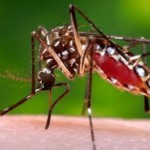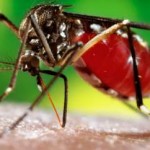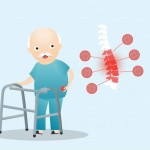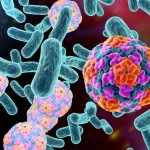Anxiety
Anxiety is an unpleasant emotional state of uneasiness and distress. It is generally characterized by apprehension and worry. An anxiety disorder can have a devastating effect on the person. Most of the people go through this disease and end up in a depression.
Some of the warning signals are:
1. Intense fear or apprehension
2. Restlessness
3. Easily tired
4. Disturbance sleep
5. Weight and appetite disturbances
Symptoms
Some of the symptoms include:
• Fatigue
• Dry Mouth
• Abdominal cramps
• Sleep disturbances and headaches
• Muscle tension and muscle aches
• Difficulty swallowing
• Trembling and feeling irritable
• Twitching
• Sweating and hot flashes
Causes
The exact reason for the anxiety is still not known.
Some of the researchers suggest that anxiety disorder is due to an imbalance of certain chemical that is present in the brain, these chemicals are known as neurotransmitter.
Other causes of Anxiety disorder are:
• Many people have anxiety, when there is change in their life like: Starting new job, getting married, Having a child, breaking up with the someone.
• Some medications can also cause anxiety. These medications include inhaler medicines to treat asthma, thyroid drugs, diet pills.
• Caffeine, alcohol and tobacco products may also cause anxiety.
Diagnosis
• It can be diagnosed by the signs and symptoms. Psychiatric evaluation helps in diagnosing the disease.
Treatments
Anxiety can be treated with psychiatric therapy, medication, or both.
Psychiatric therapy: This type of therapy is called cognitive behavior therapy is mainly useful for treating anxiety. It helps a person different ways of thinking, behaving, and reacting to situations that help him or her feel less anxious and worried.
Medication: Some time doctors may prescribe medication to help treat anxiety. Two types of medications like anti-anxiety medications and antidepressants. Anti-anxiety medications are powerful and there are different types. Many types begin working right away, but they generally should not be taken for long periods.
Antidepressants are used to treat depression, but they also are helpful for anxiety. They may take several weeks to start working. These medications may cause side effects such as headache, nausea, or difficulty sleeping.
It's important to know that although antidepressants can be safe and effective for many people, but it may be risky for some, especially children, teens, and young adults. Thus it should be taken after doctor's prescription.
Preventions
In today's lives, everybody is stressed. To avoid becoming stressed one should regularly practice Yoga and medication.
Also, one should try to develop some hobby to occupy in free time.
References:
CDC
NHS
National Institute of Mental Health









